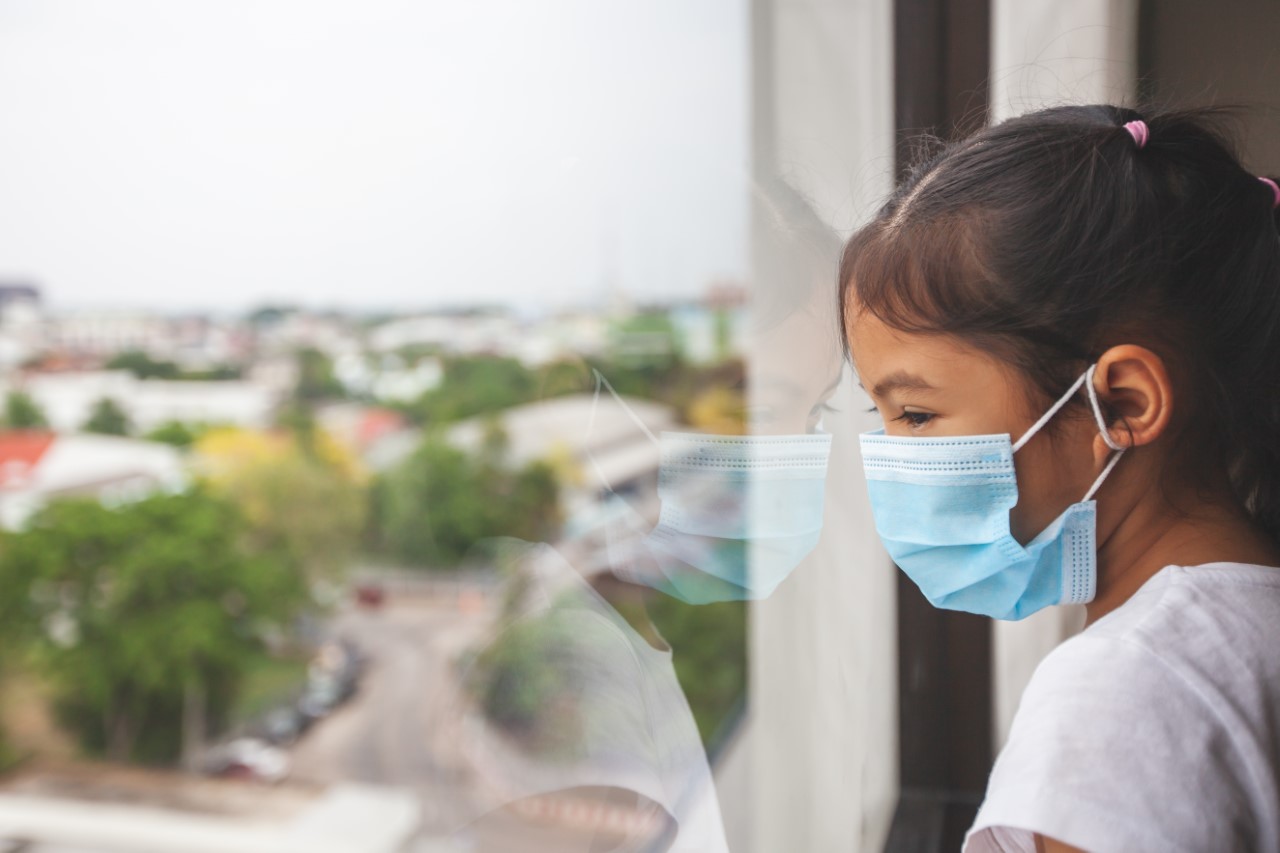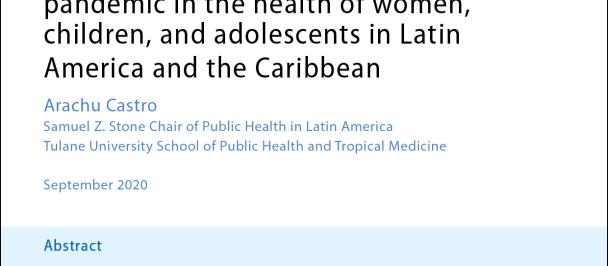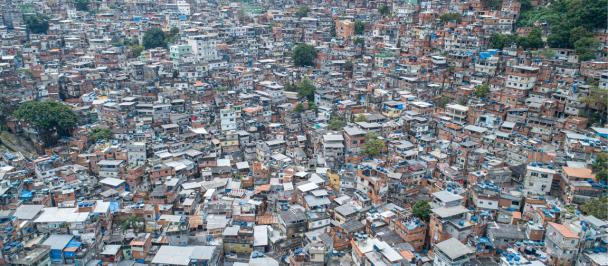The countries that, before the pandemic, had prioritized investment in public health and in strengthening primary care are those that have not suspended care and those that are best prepared to prevent more deaths from causes other than COVID-19.
Either we expose ourselves to the virus, or we die of starvation—this is the daily dilemma for millions of people. Or, as Albert Camus wrote in his novel The Plague in 1947, “bread or fresh air.” Those who have responsibility for public health services face a similar misfortune: either we prioritize the care of people with COVID-19, or we continue to care for others as if there were no pandemic. The result is that in many Latin American and Caribbean countries, public health care services are limited or suspended.
There are also 30,000 daily births in the region, of which 4,800 are born to an adolescent mother. Before the pandemic emerged, most of the countries of Latin America and the Caribbean had managed to reduce mortality caused by pregnancy, childbirth, and postpartum and that of children under five years of age to the levels recommended by the Sustainable Development Goals. But with the partial or total suspension of sexual, reproductive, and pediatric health services, with the difficulties of access due to the lack of public transport, with the fear of being exposed to the coronavirus, and with the increase in malnutrition caused by poverty, thousands of women, children, and adolescents are at risk of dying from lack of health care, and not from COVID-19.
In the report Challenges posed by the COVID-19 pandemic in the health of women, children, and adolescents in Latin America and the Caribbean, I expose the need to restore essential health services as soon as possible, to strengthen the primary health care strategy, and to increase public spending on health beyond immediate spending to face the pandemic. The countries that, before the pandemic, had prioritized investment in public health and in strengthening primary care are those that have not suspended care and those that are best prepared to prevent more deaths from causes other than COVID-19.
Although the entire population is at risk of acquiring the coronavirus, its transmission does not occur equitably: it always disproportionally affects people underserved by public services. Limiting or closing public health services is causing excess deaths, particularly among those already disadvantaged. Responses to the pandemic that avoid the most excluded population’s needs will cause greater suffering and greater inequity. Will you help to prevent it with bread and fresh air?

 Locations
Locations


